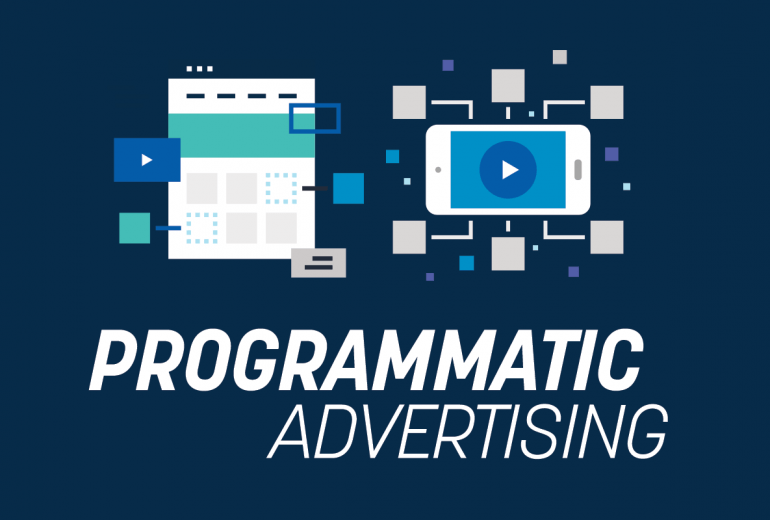Last month, I wrote Doctors Influence OTC Purchase Decisions. As a marketer, I’m naturally interested in learning more about the strategies that brands use to differentiate themselves in the market. But it was a personal encounter that inspired me to read up on effective over-the-counter marketing tactics.
When I was sick during flu season last year, I made an appointment with my PCP. I’d taken a few sick days at work and in full disclosure, I had a mean-looking rash. I expected my doctor to write a prescription for antibiotics. But to my surprise, my lab tests were negative, so my doctor told me I had a virus and handed me a coupon for a popular OTC cold-and-flu medicine.
I left my doctor’s office and drove to the nearest pharmacy. I’d taken the medicine that my doctor recommended once before, and I remembered how it affected me like a cup of strong coffee. A side effect that’s great for pushing through the workday but not ideal for getting some much-needed rest.

I asked the pharmacist if I could take a sleep-aid in combination with the cold-and-flu medicine, as I gestured to another OTC product.
The pharmacist responded, “Sure. But you can save some money with our store brand. It’s practically the same thing.” She described the active ingredient I was looking for and pointed me in the right direction.
Thanks to her advice, I chose an unbranded version that was about half the price of the leading brand, so I went back to the counter to say thank you. I’ve since learned to pay more attention to Drug Facts, which are required by the FDA.
You may be wondering: did I apply this wisdom to the branded cold-and-flu medicine that my doctor recommended? No, I didn’t. Without fully realizing it at the time, I viewed my coupon like a written prescription.
Sure, the coupon made the price competitive, but deferring to the advice of my doctor was intuitive. And I quickly became loyal to the branded product. If it wasn’t already in my cabinet at home, I would make the same purchase again today.
My experience echoes the research I cited in my previous post: I’m highly receptive to the opinions of healthcare professionals, and a product’s first impression bears considerable weight on my future purchasing behavior.
Drug makers of the cold-and-flu medicine made a strategic decision to provide my doctor with coupons—an approach that clearly resonated with me. If marketers of the sleep-aid product had conducted similar outreach, the outcome might’ve been different.

Director, Advanced Analytics




